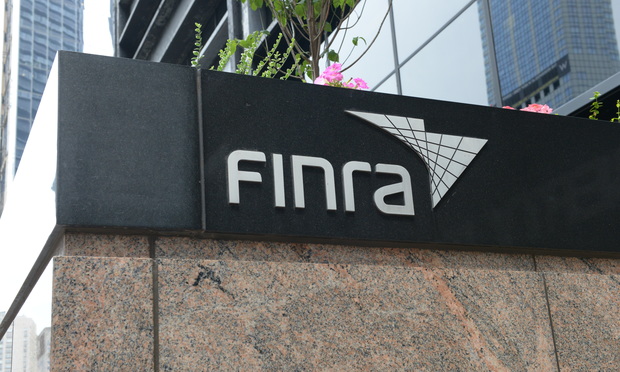As millions of Baby Boomers begin to collect Social Security, and live far longer than prior generations, there is a marked increase in the risk of financial exploitation of these senior investors. And, at the same time, the risk of Alzheimer’s and other dementias continues to rise, which makes senior investors even more prone to fraudsters. Acutely aware of these increasing risks, in recent years the SEC and FINRA have taken leadership roles in seeking to help senior investors become more cognizant of the dangers of financial exploitation and fraud, including, in particular, the 2015 launch of FINRA’s toll-free “Securities Helpline.”
In a further effort to better protect senior investors, the SEC recently approved two FINRA rules: an amendment to its books and records rule 4512 that requires a “trusted contact” be sought for every retail client account, and, separately, new Rule 2165, which permits member firms to temporarily delay the disbursement of funds or securities from an account where there is a reasonable belief that these customers have been, are being, or will be subject to financial exploitation. This latter FINRA rule is consistent with six state laws, and a model rule proposed by the North American Securities Administrators Association (NASAA) that also allow such temporary delays.1



